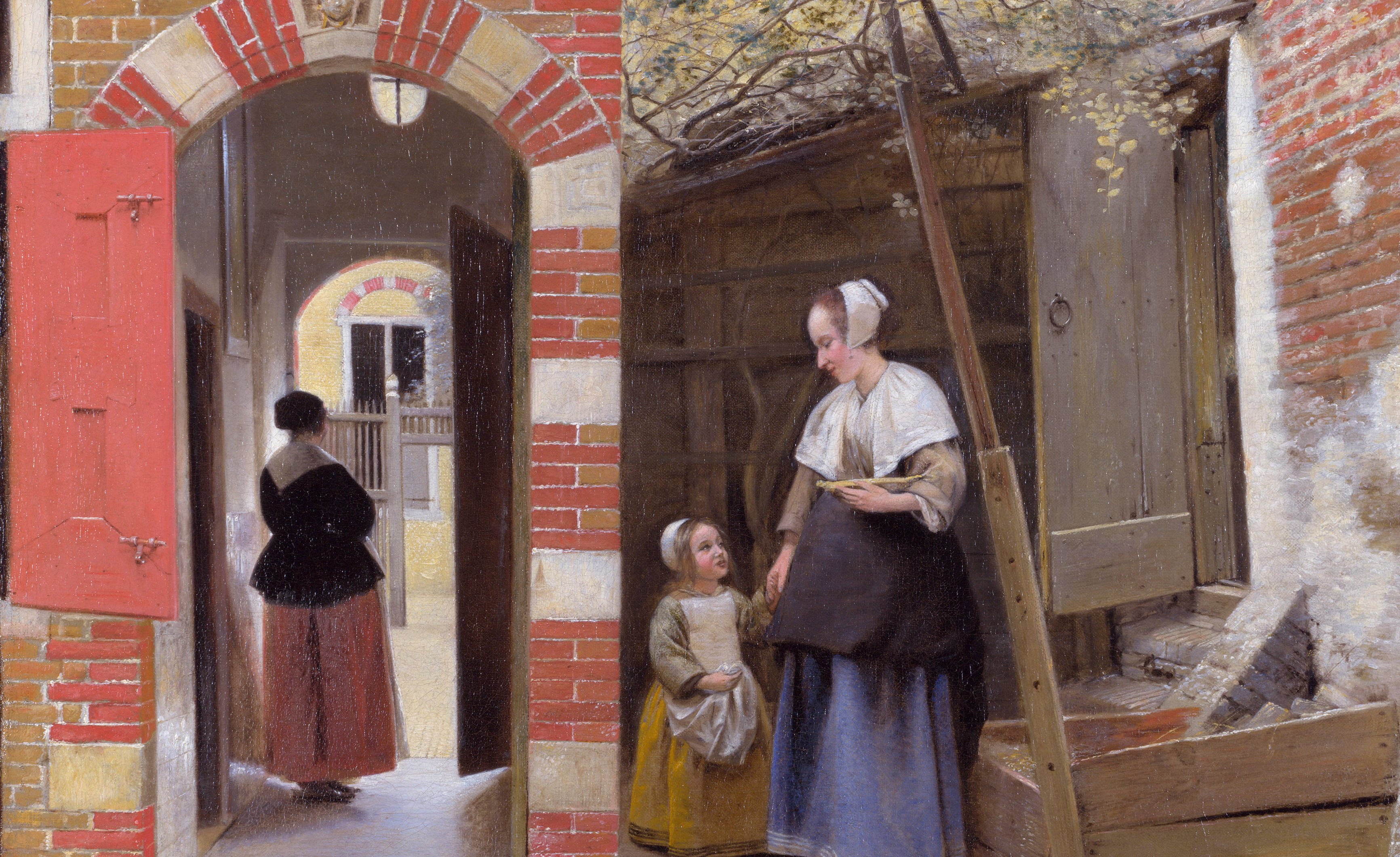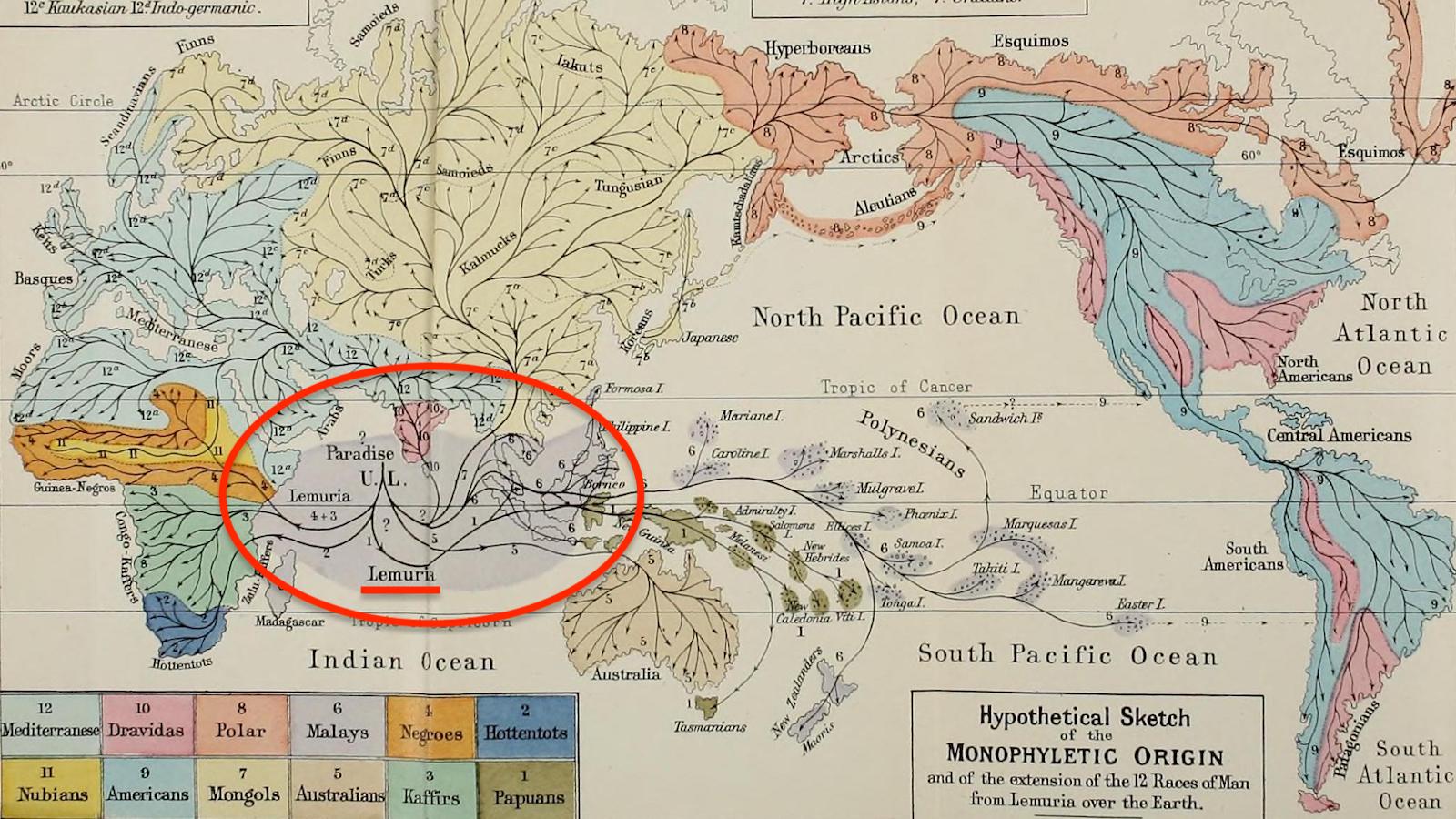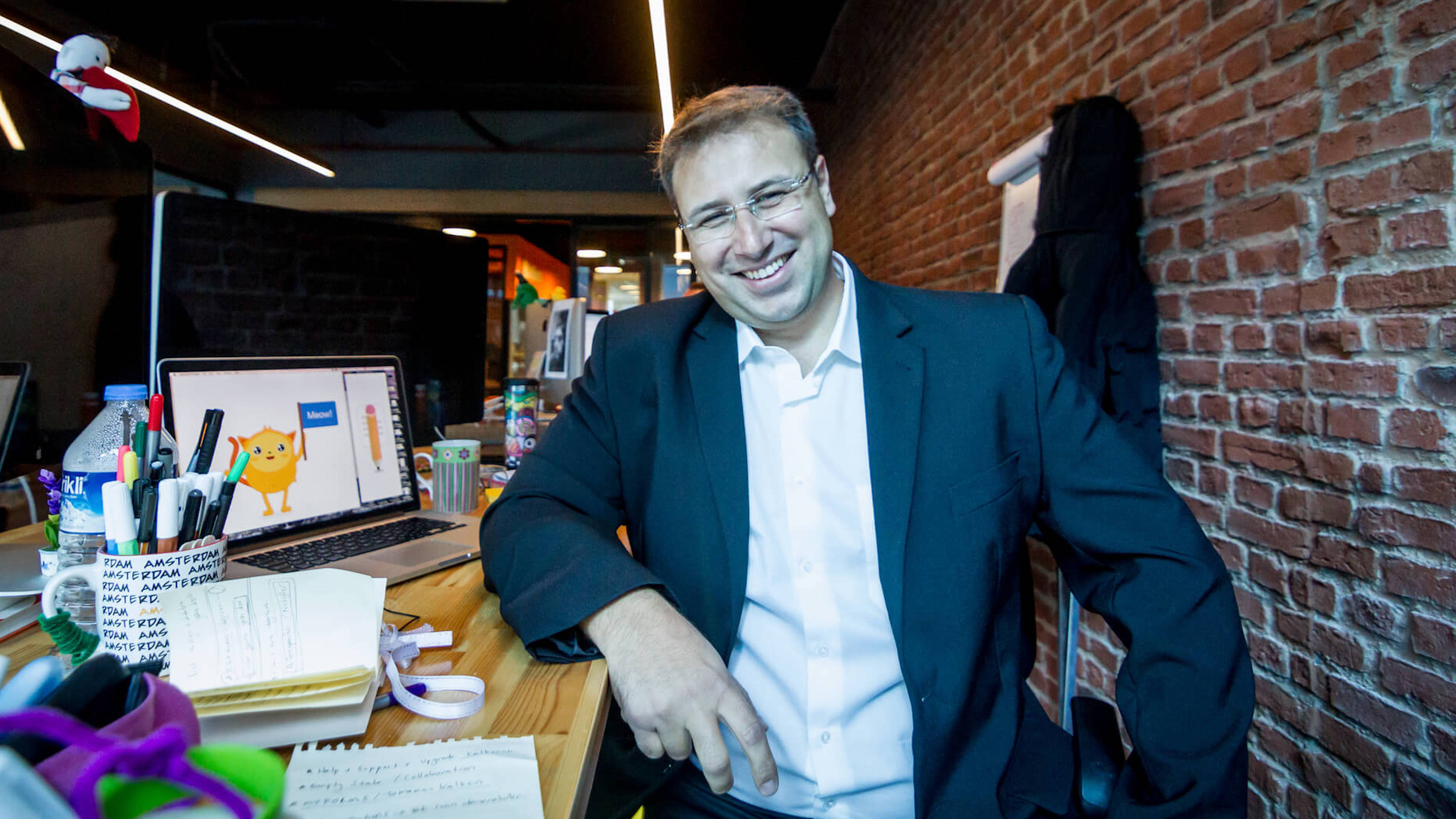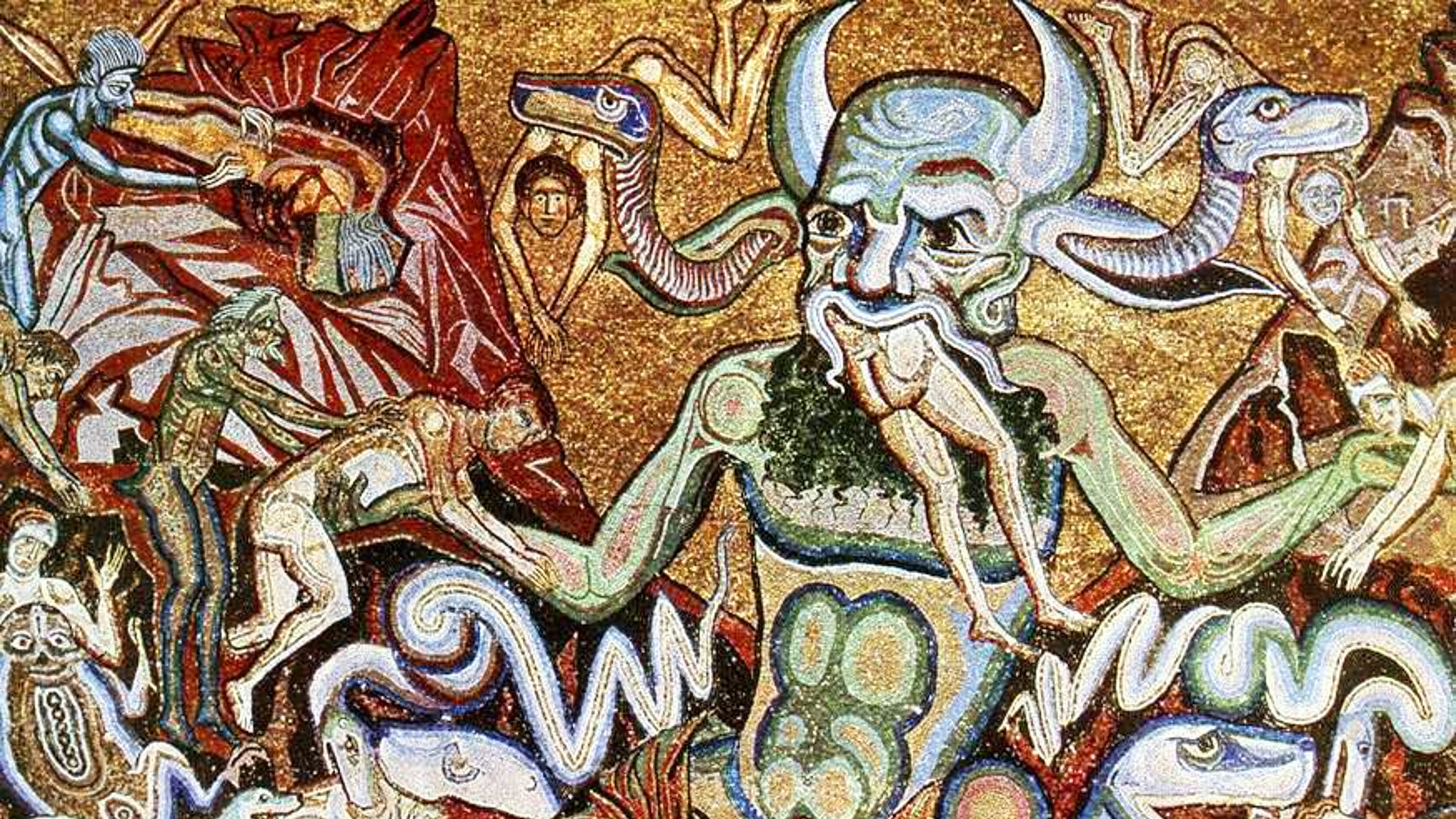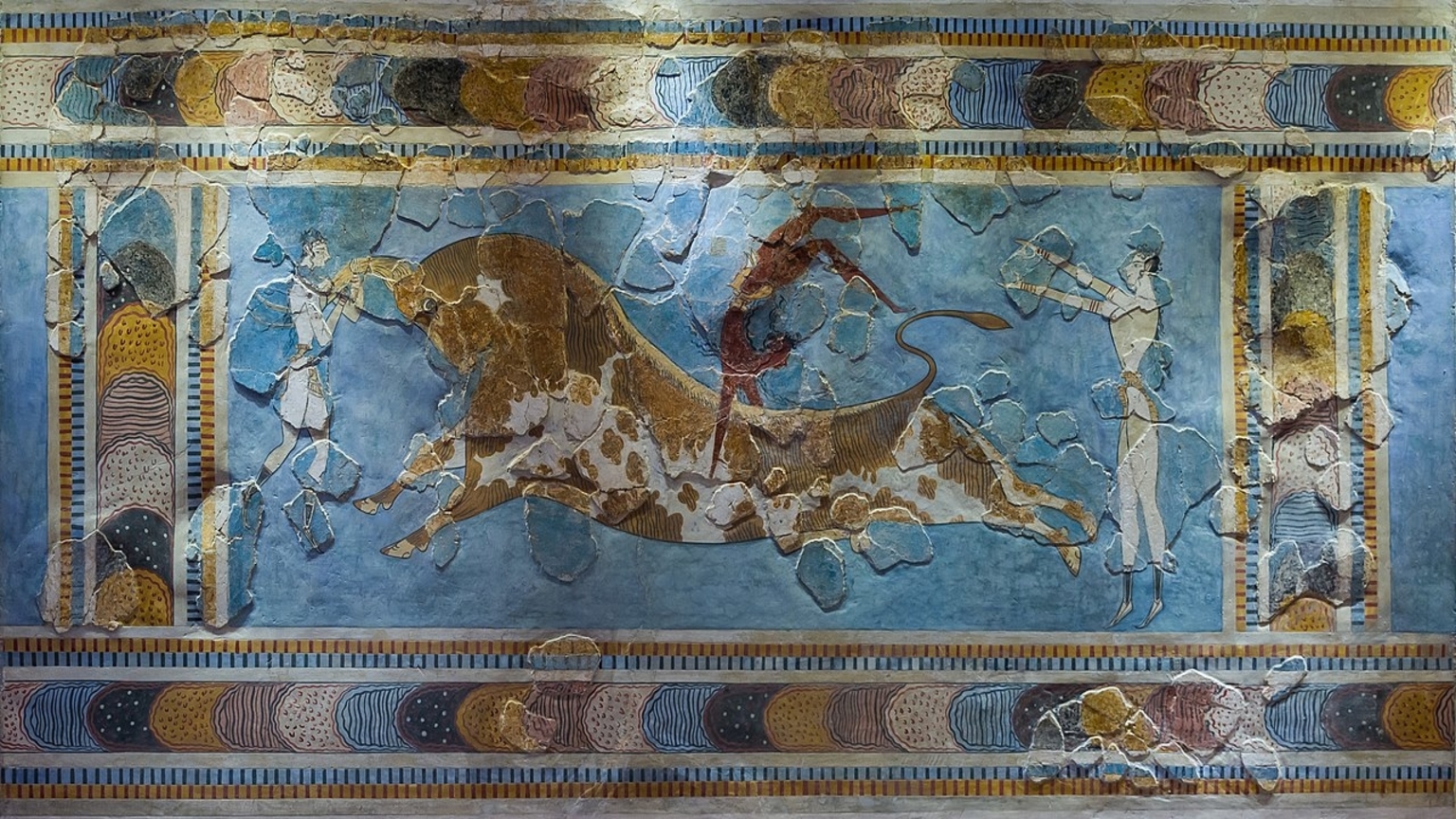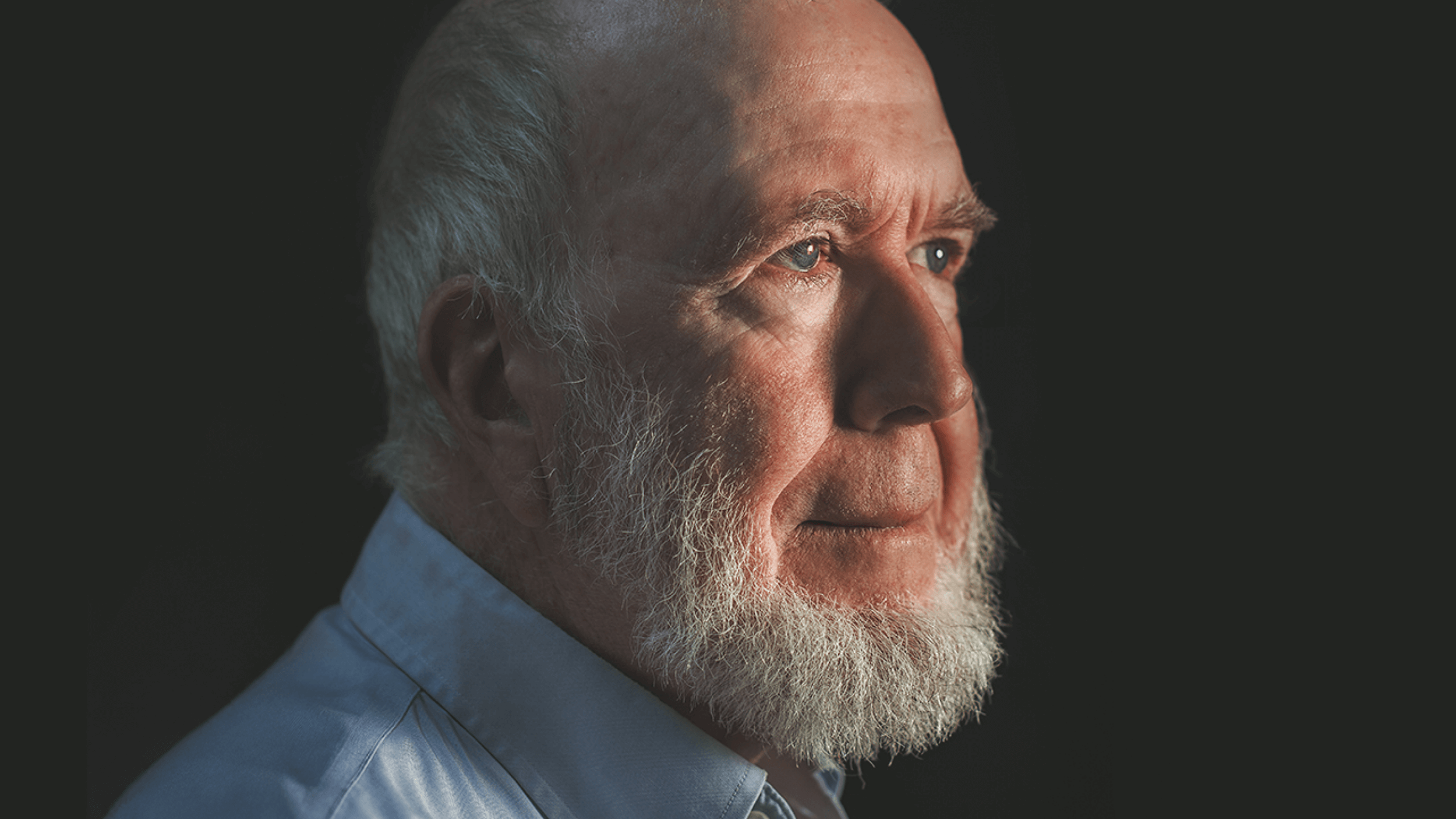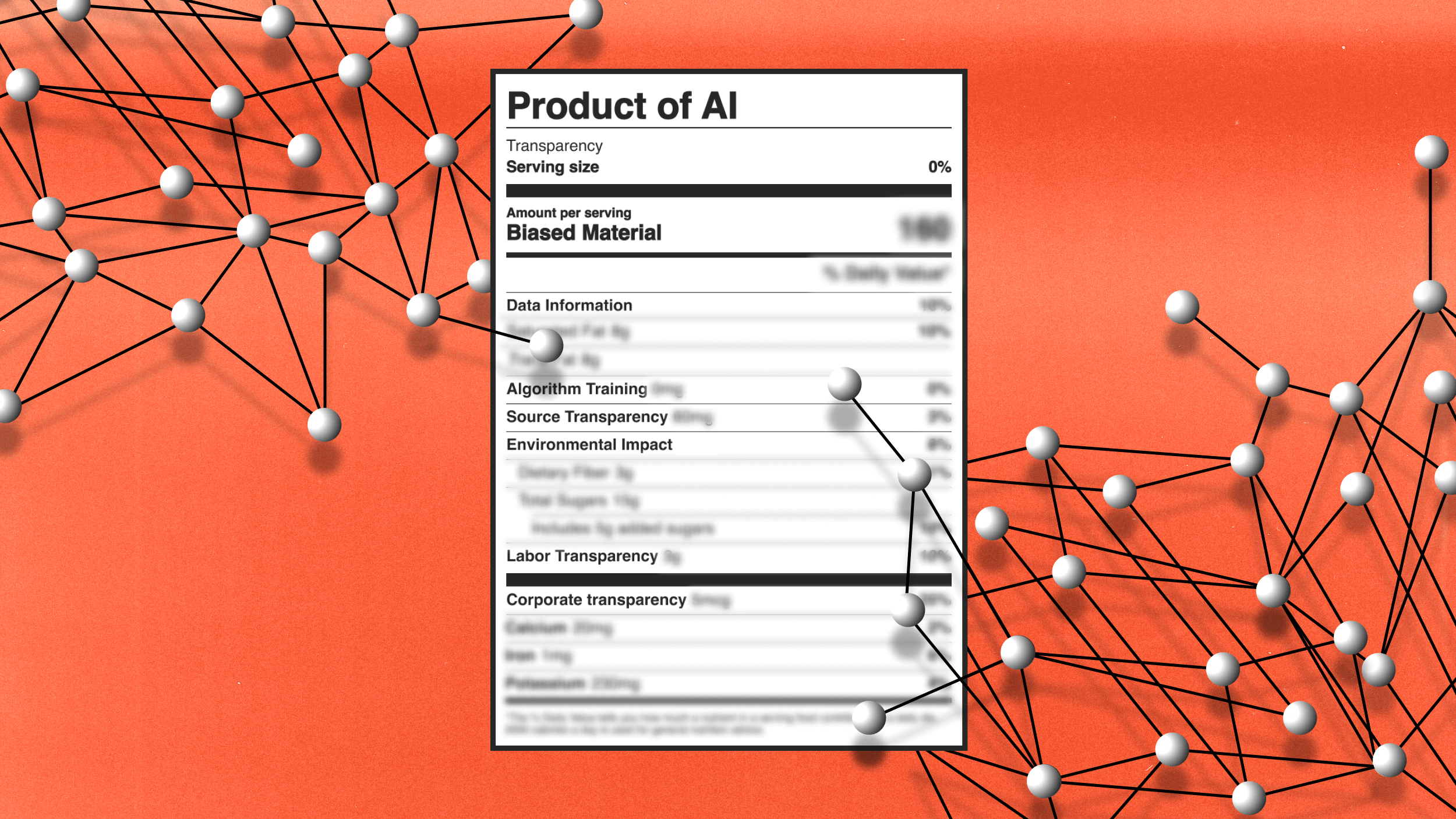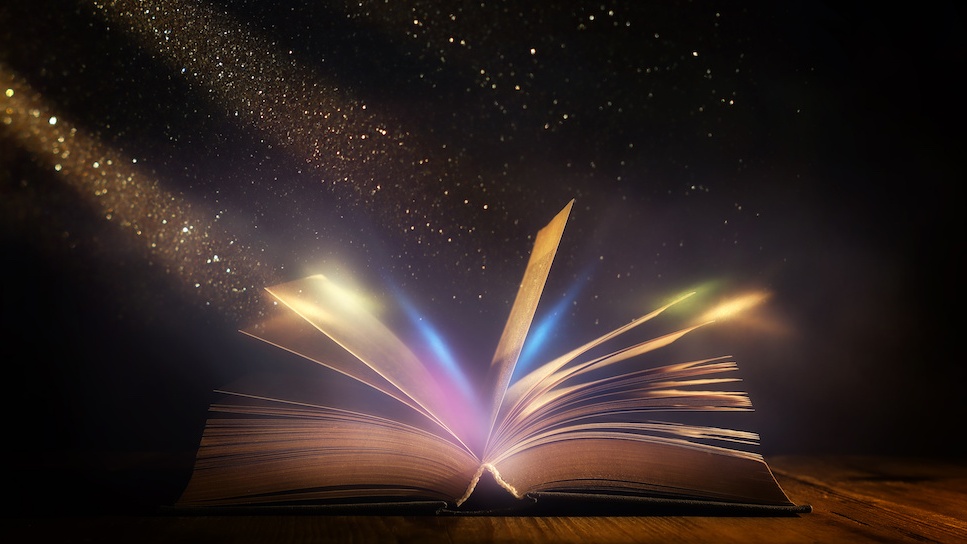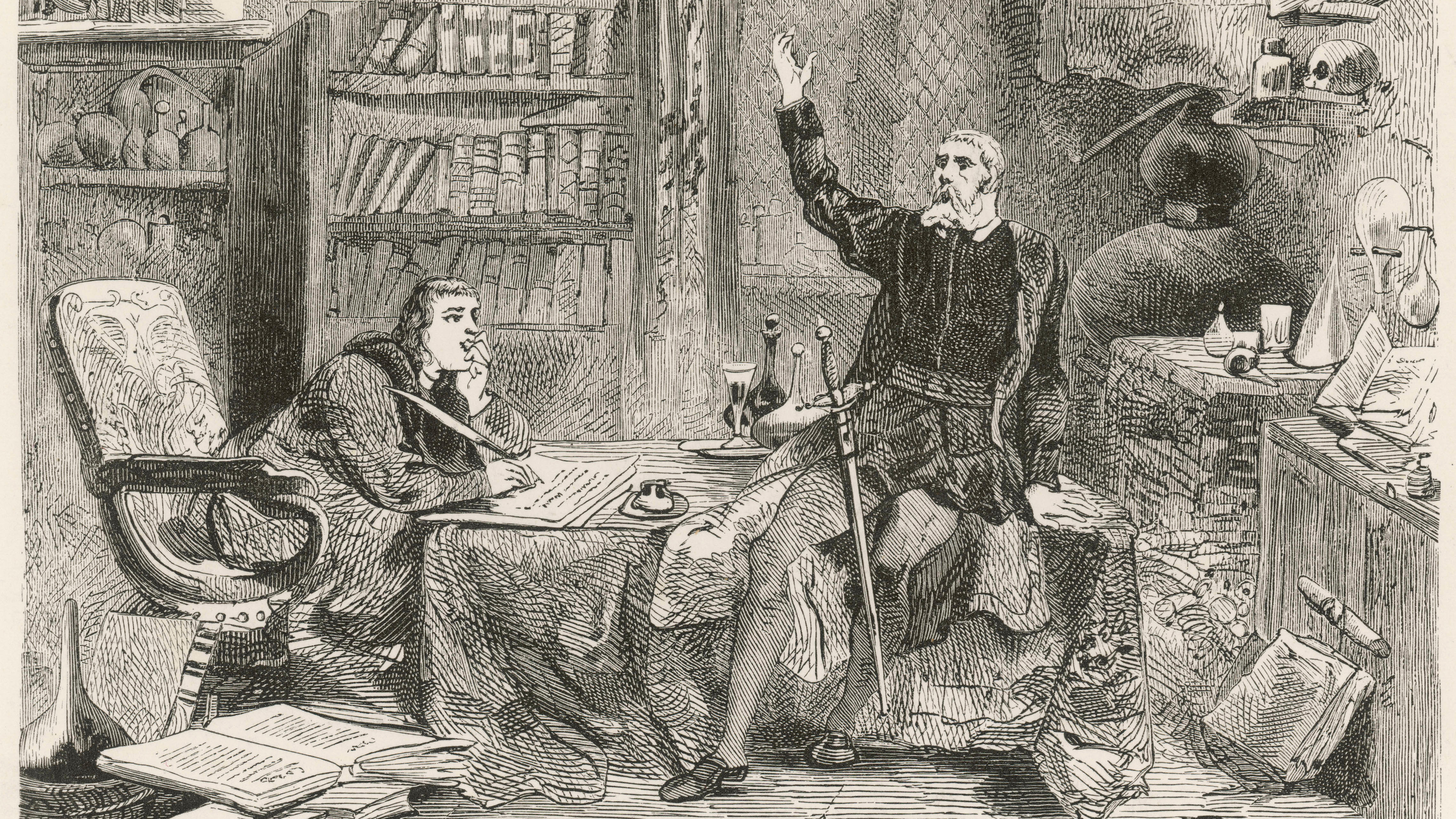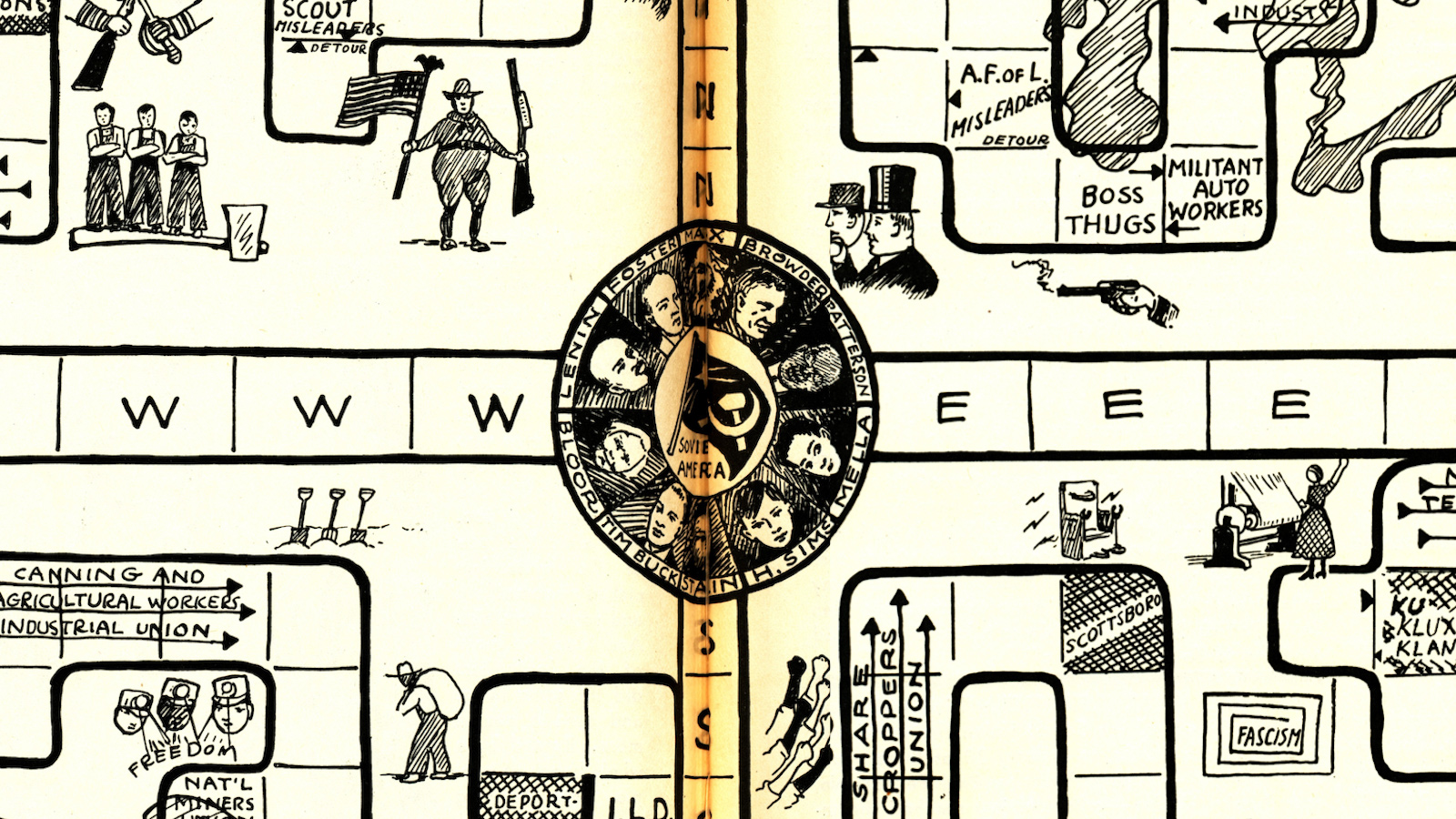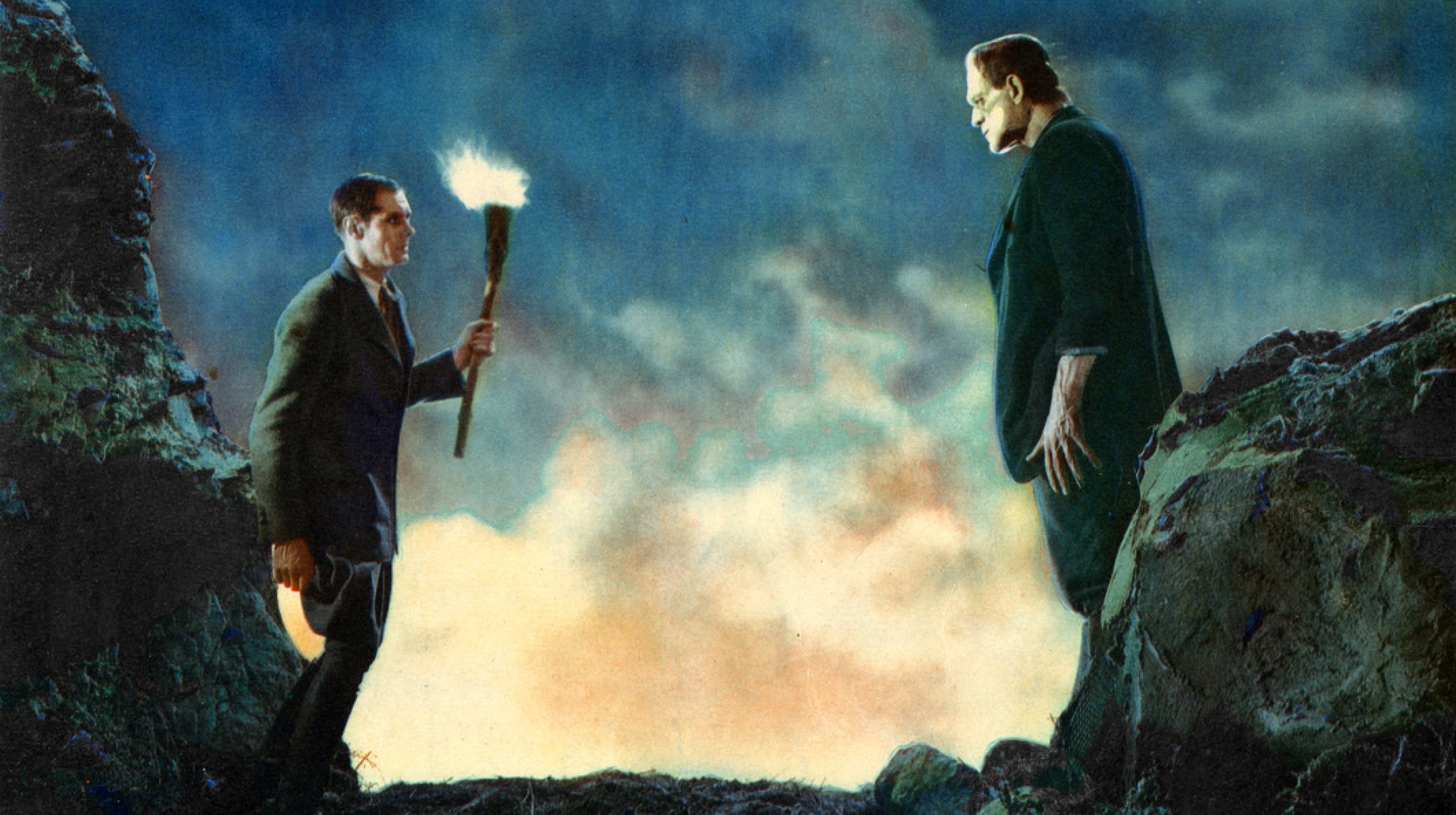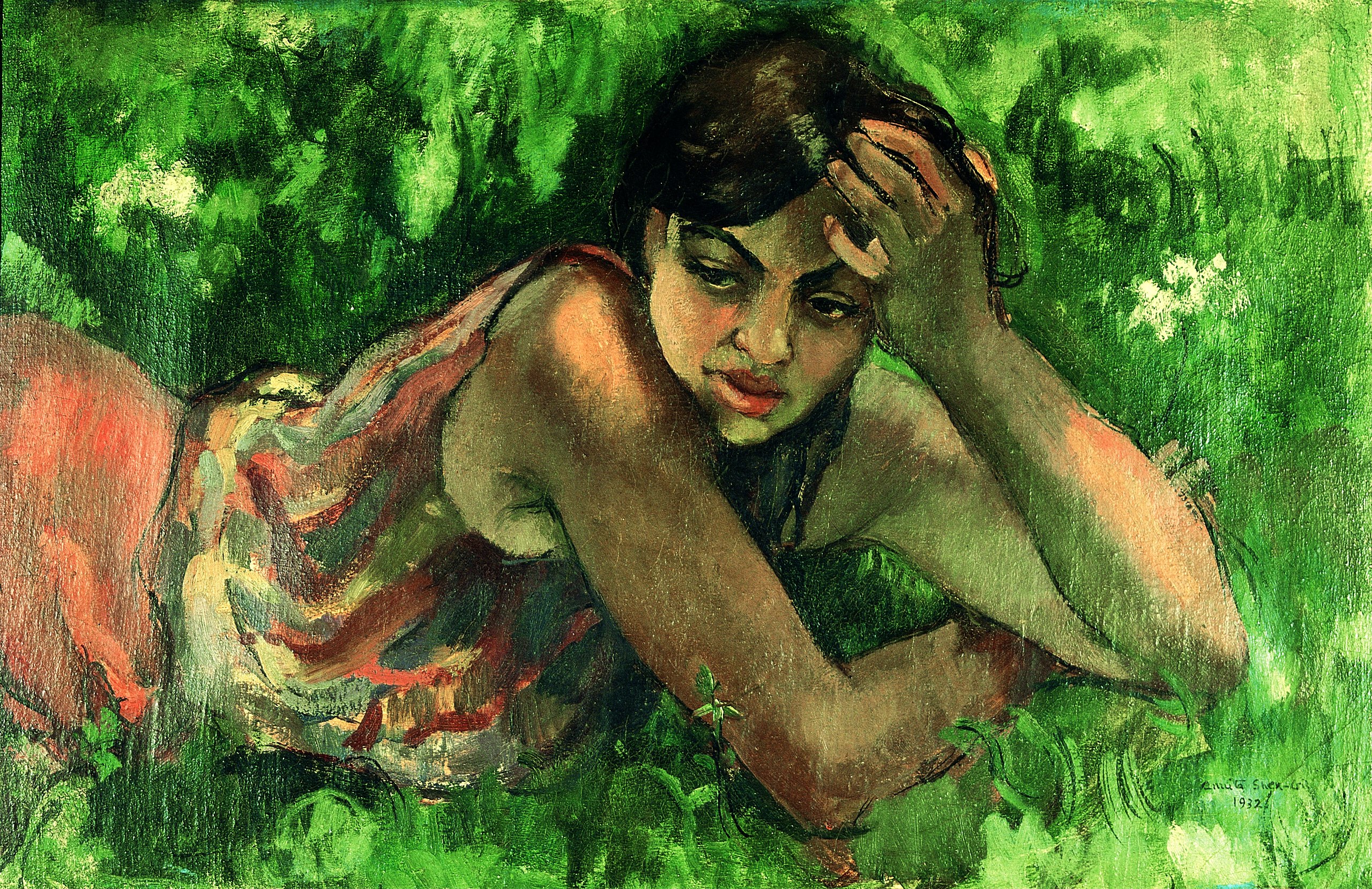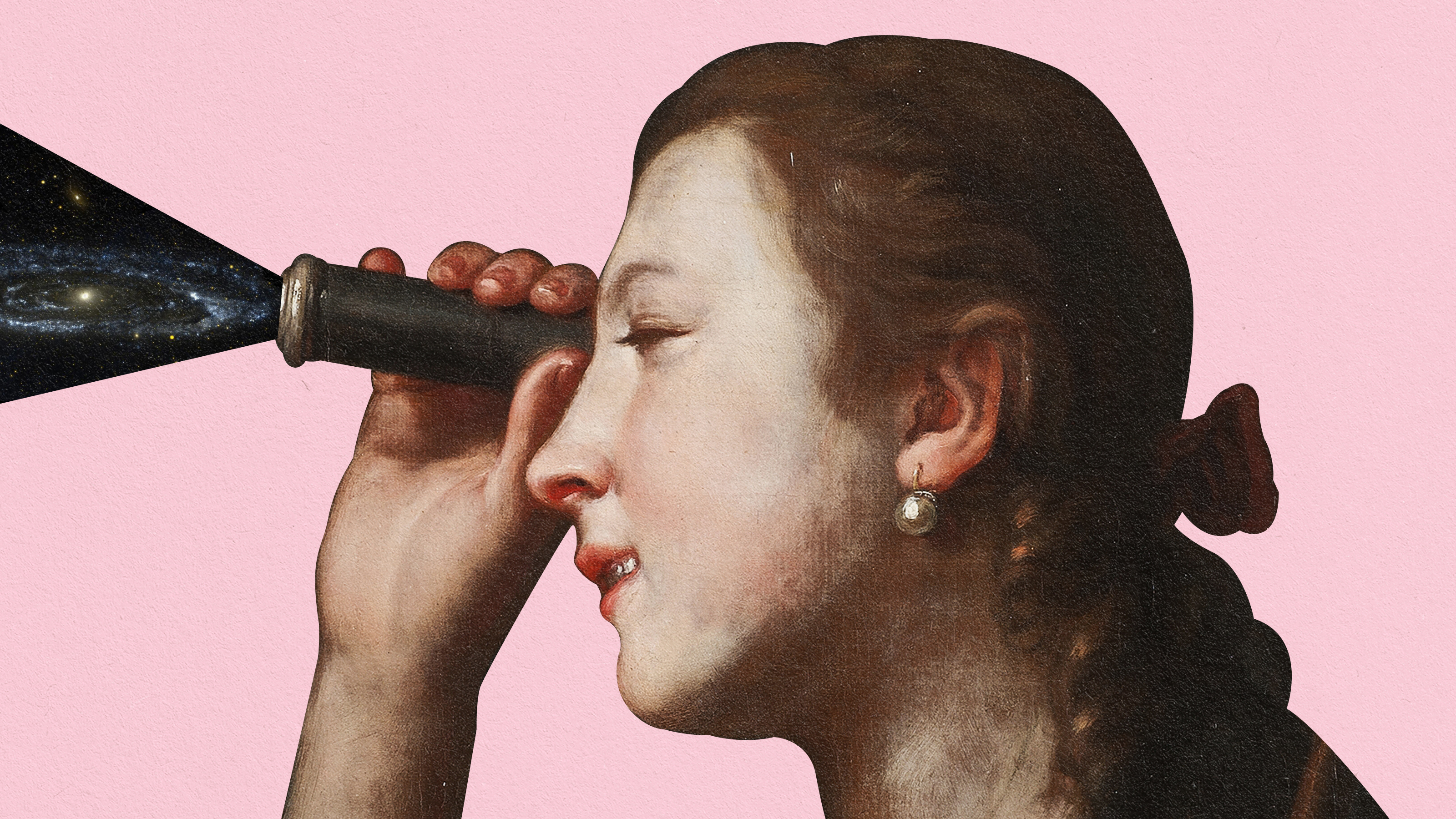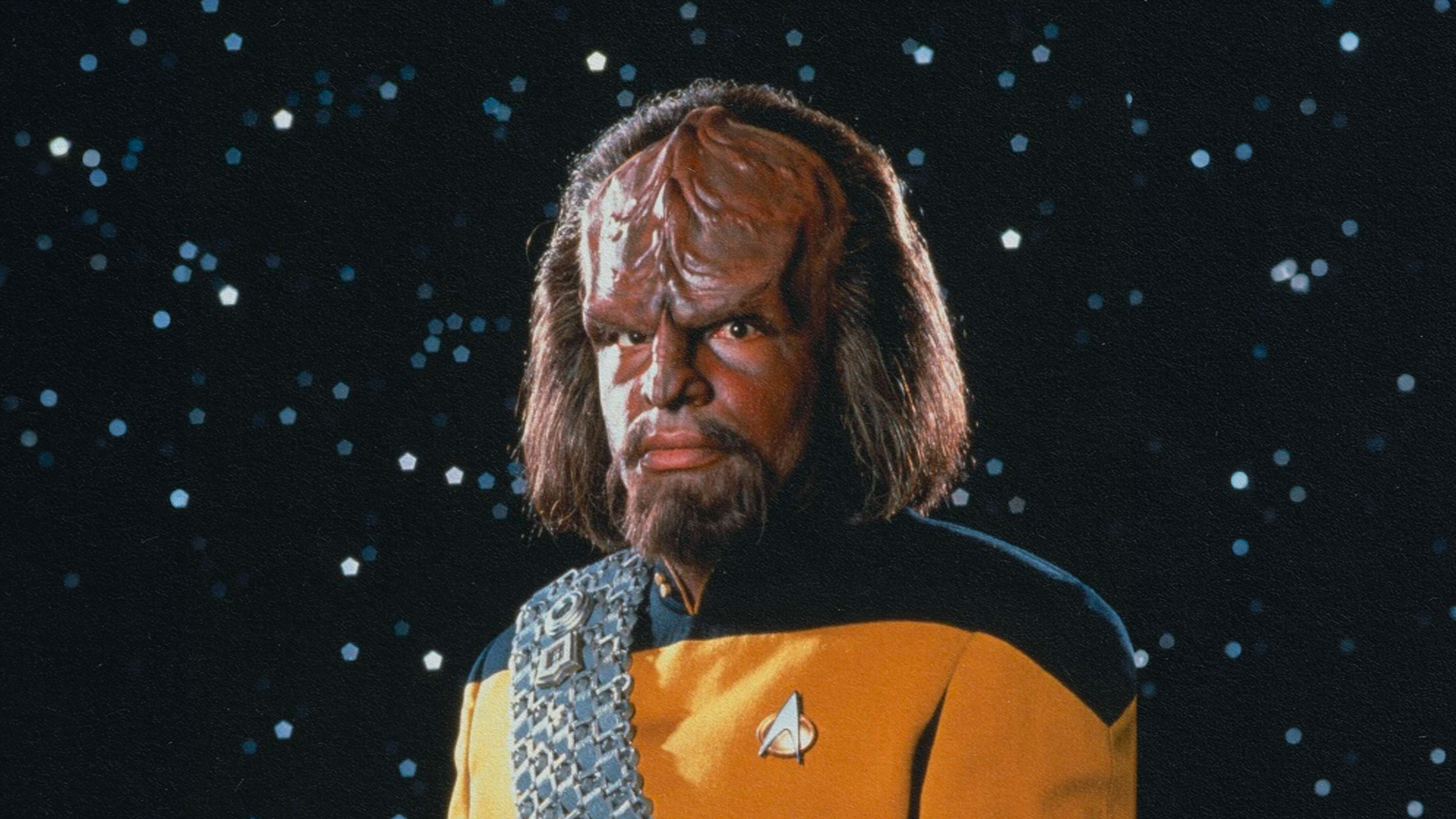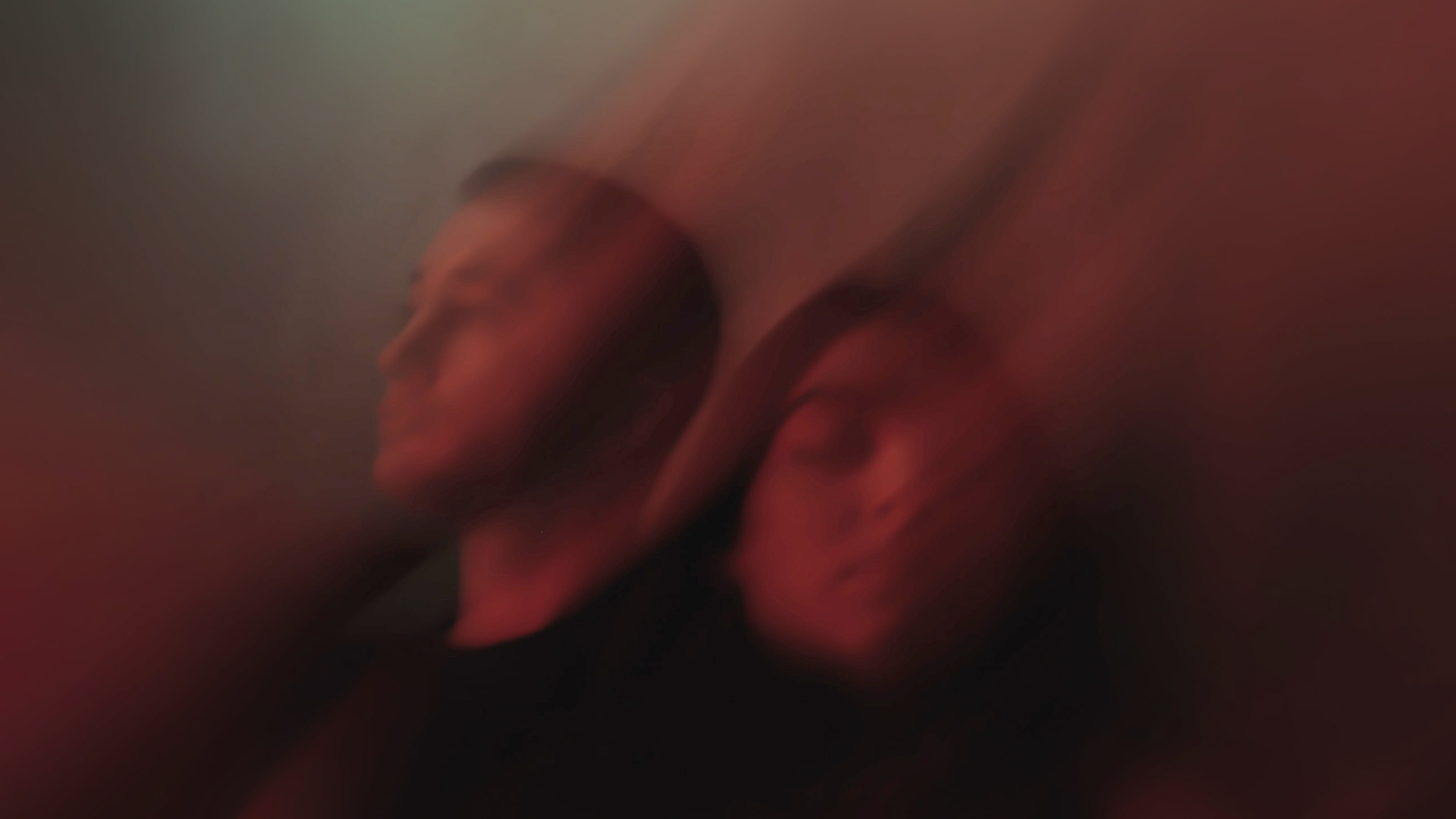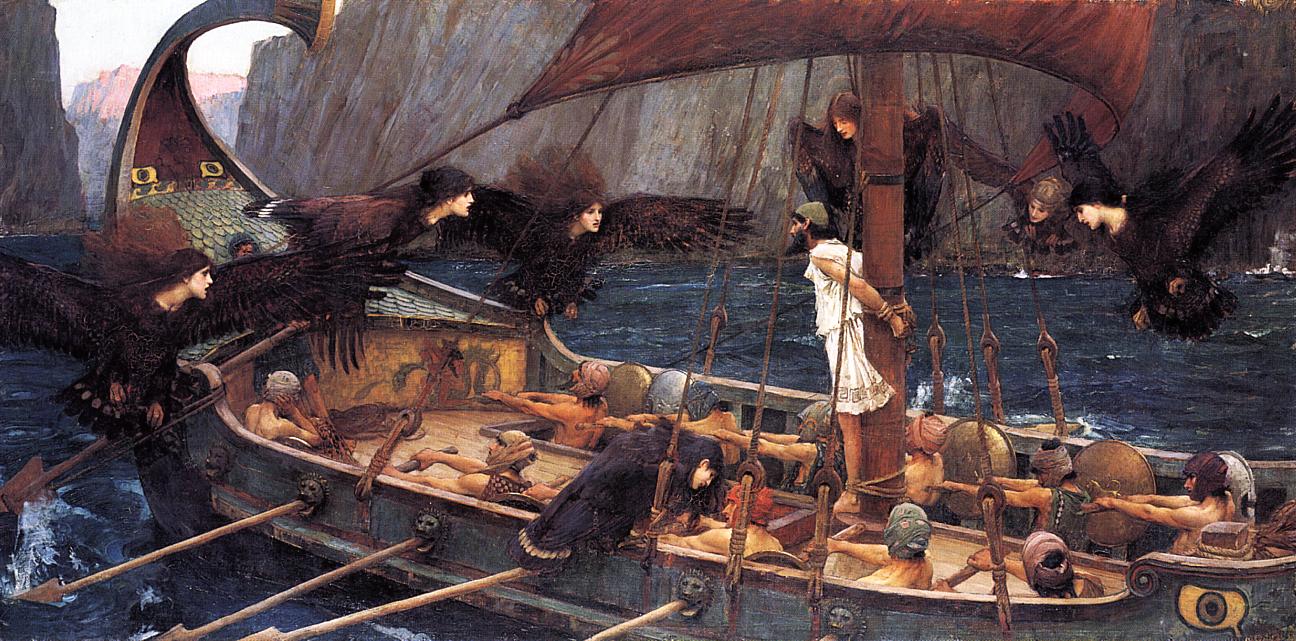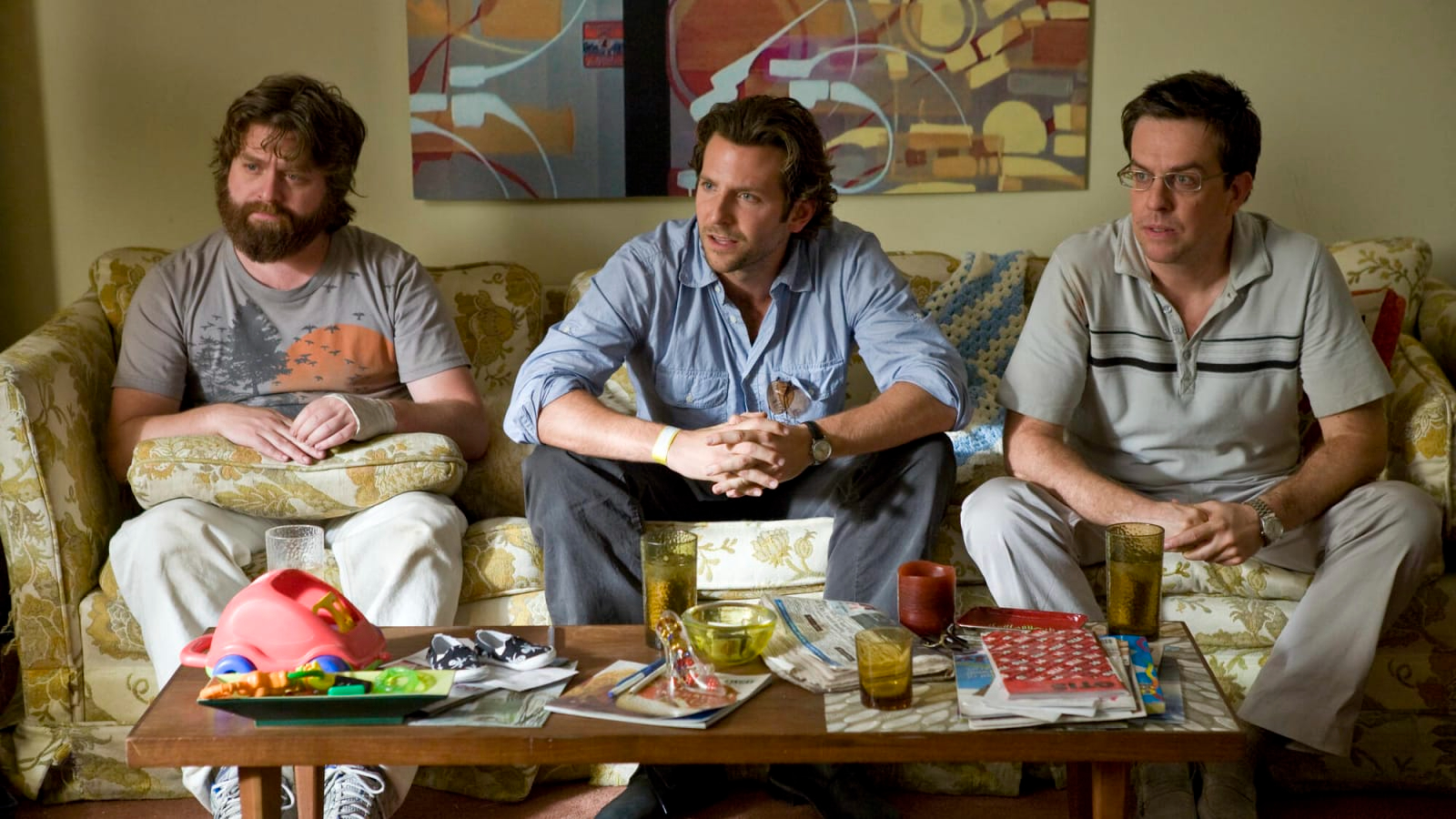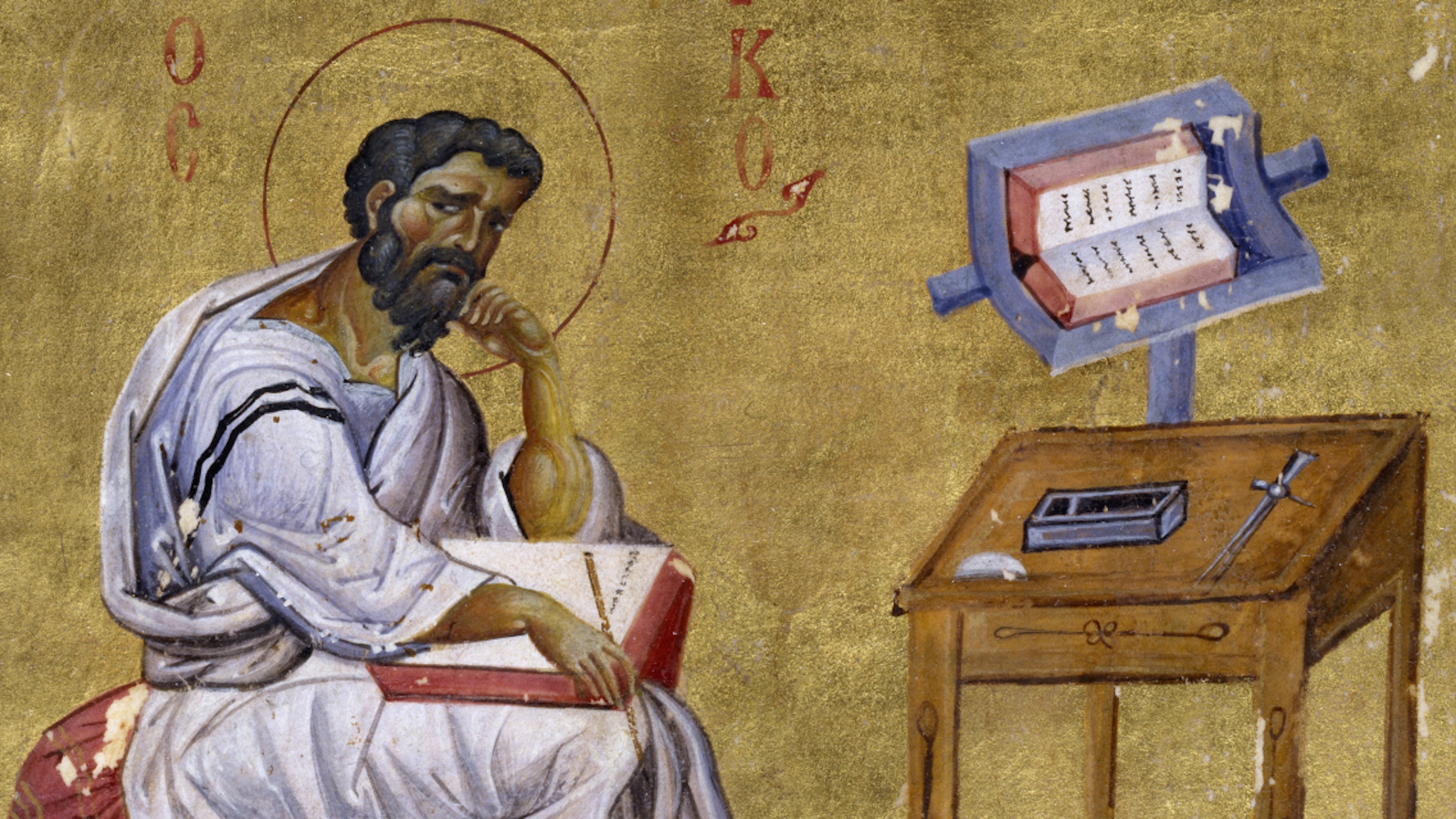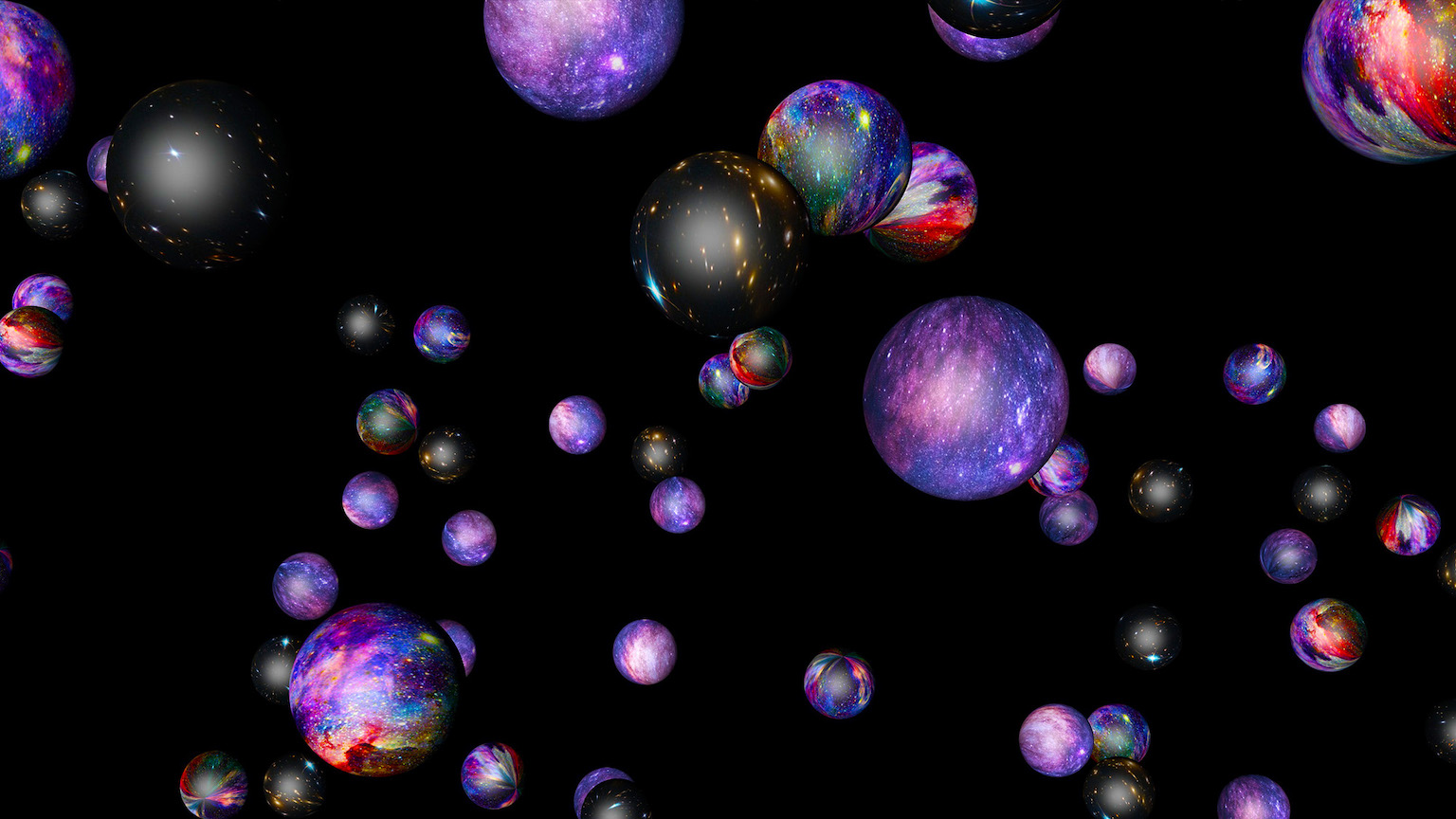His plan to replace it with homegrown rice did not go well.
Search Results
You searched for: Writer
You’ve certainly seen the paintings — but they don’t depict what you think they do. Benjamin Moser discusses with Big Think.
To this day, one cult believes that Lemuria was real, and that its people left us the sacred wisdom to revive their advanced civilization.
Jotform CEO Aytekin Tank explains how he successfully embraced and deployed AI.
By developing skills like divergent thinking and collaboration in the workforce, creativity training has the potential to unlock revolutionary ideas.
The history of hell doesn’t begin with the Old Testament. Instead, hell took shape in the 2nd century from Mediterranean cultural exchange.
Paintings played an important role in these ancient civilizations. Unfortunately, pigment is not nearly as durable as marble.
The co-founder of Wired magazine shares his insights on how a long-term mindset can shape a brighter, more innovative future.
AI has become a black box in more ways than one.
Here’s your gateway to enjoying the best of literature.
A new book by historian and author Paul Strathern argues that the Northern European Renaissance has long been overlooked.
In 1934, American Communists translated a Stalinist book about revolution into a children’s game. Curiously, it didn’t catch on.
Humanity is never fully in control of its creations. This lesson from Mary Shelley has remained relevant for over 200 years.
In the West, discussions of 20th-century painting are dominated by Warhol and Picasso, but trendsetting artists are found everywhere.
Scientists can make substantial progress without fully understanding exactly what they’re doing.
The Industrial Revolution changed music forever, thanks to a combination of technological advances and clever entrepreneurs.
In a nod to its addictive qualities, it was first dubbed “Some More.”
Scott Dikkers discusses comedy, the creative process, and life lessons learned playing peekaboo.
Slowing growth and limiting development isn’t living in harmony with nature—it is surrendering in a battle.
NuqneH! Saluton! A linguistic anthropologist (and creator of the Kryptonian language, among others) studies the people who invent new tongues.
How much can something change and still be the same thing?
“Whatever the mind can conceive and believe, it can achieve.”
New tech is a double-edged sword. Integration can be expensive and perilous: Mess up the adoption and jobs are on the line.
Neuroscientists and artists alike are making the case that we could transform the world through psychedelics.
Fear is one of the oldest and most powerful emotions known to man, so it should come as no surprise that horror stories are as old as storytelling itself.
If comedies do get made today, they usually bypass the big screen and go straight to streaming platforms.
Delay the instant gratification of online knowledge and first seek out the wisdom within yourself.
Psychologist Noel Brick shares the mental techniques we can use to improve our performance on and off the field.
In scientific theories, the Multiverse appears as a bug rather than as a feature. We should squash it.
A rift in thinking about who should control powerful new technologies sent the brothers on diverging paths. For one, the story ended with a mission to bring science to the public.

